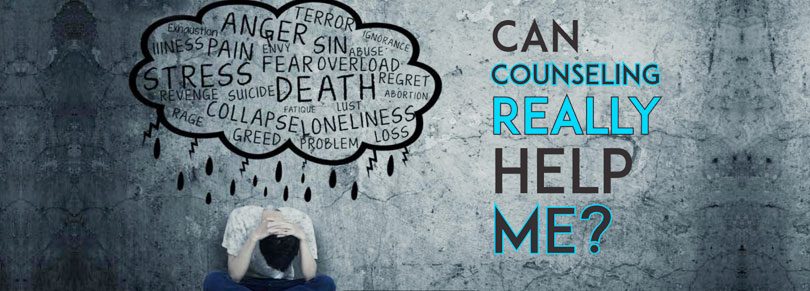The Assumptions beneath the Resistance
We all have a tendency to feel that our private problems are as unique as our thumbprint. We have no problem going across to the clinic when we have a terrible chest pain. However, when it comes to matters close to the heart, sometimes we wonder ‘Why me?’ or ‘I’m sure nobody else will understand.’ There is truth to these statements as each of us perceives the outer and our inner world as differently as our distinct personalities. We tend to question the usefulness of counseling because of our lack of understanding about this seemingly new field of psychological counseling, especially here in India.
What’s the Point?
While traditionally psychiatrist and clinical psychologists were focused on the hospitalized mentally ill (hence the taboo surrounding seeking help from a mental health professional), the need to apply psychological principles to improve everyday lives of common people increased substantially over the century. Psychology is not only clinical in nature but also seeks to help people with daily stressors, and to cope with trauma. If you feel unhappy with where you are in life or feel low or have a negative mindset, seeing a counselor can help to a large extent. Counselors deal with marital discords, interpersonal tensions, stress, anger, depression, phobias, and even a general loss of motivation, happiness or dissatisfaction with life. If any stress factor goes beyond your present control, and keeps you from functioning smoothly through the day, it is advisable to seek help. Decades of research repeatedly show that 75% of those who seek help from psychotherapy have shown signs of recovery and improvement. Seeking help from a trained counselor is the opposite of pushing problems under the mind’s carpet.
Counseling and the Counselor
Counseling is often a problem-solving approach wherein two or more people engage to work through personal problems in a safe and confidential environment within the context of a trust-based relationship. We all have counselled someone by way of providing suggestions or encouragement when a loved one faced an obstacle. However, professional counselors are trained to effectively employ a range of counseling approaches based on the individual’s concern. There is no one-size-fits-all kind of counselor approach but each counselor uses different techniques and theoretical frameworks in the counseling process to help you reach your goals.
The Ball is in your Court
It is important to keep in mind that even in counseling prevention is better than cure and so seeking help at the earliest signs would be wise. Identify the cracks in your relationships and/or emotional health and seek out a trained counselor.Counseling does not claim to quick fix or even sort out all your problems, however, it does empower you and give you the opportunity to do so. Counseling exists and is sustained by the belief that problems can be championed by anyone or at least be endured courageously. It is the aim of every counselor to transmit this genuine hope to every person seeking help and the individual in turn translates this into action. So will counseling work for you? Try it out and instead of saying ‘let’s hope it works’, you may find yourself saying “Hope! It works!”






Leave a Comment